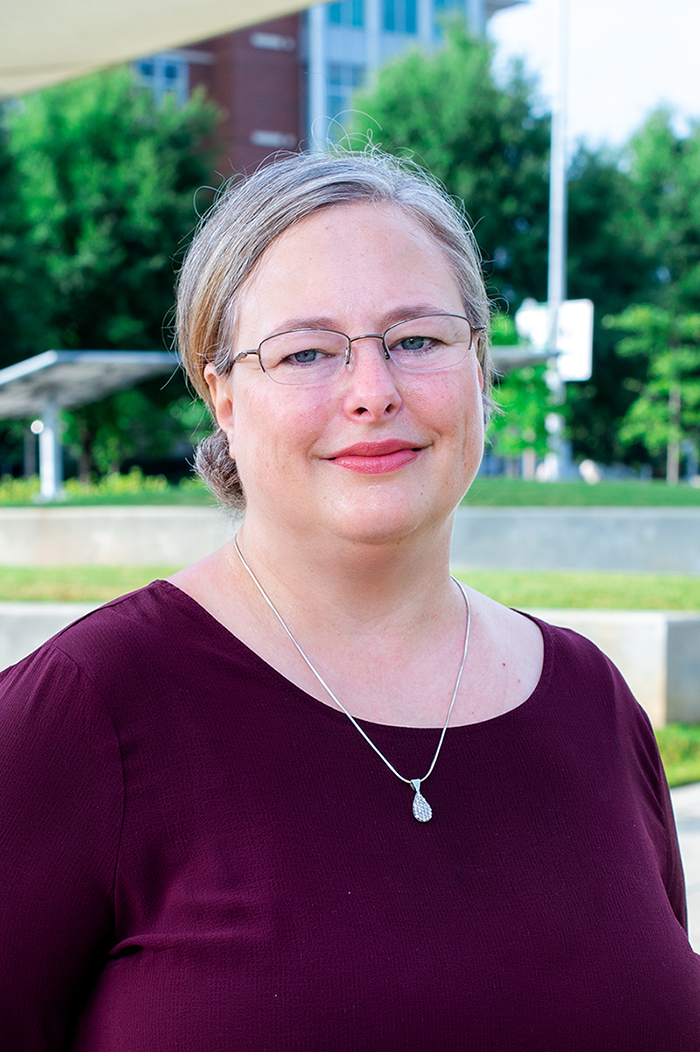 Karen Cropsey, Psy.D., professor in the Department of Psychiatry and Behavioral Neurobiology, has been awarded the 2021 Dean’s Excellence Award in senior mentoring. She is a strong advocate, researcher, and clinician and the area of addiction and substance abuse and has served the department in both research and clinical efforts
Karen Cropsey, Psy.D., professor in the Department of Psychiatry and Behavioral Neurobiology, has been awarded the 2021 Dean’s Excellence Award in senior mentoring. She is a strong advocate, researcher, and clinician and the area of addiction and substance abuse and has served the department in both research and clinical efforts
Cropsey attended undergraduate at the University of Wisconsin-Madison and also achieved her master’s degree there. She attended Indiana State University in Terre Haute, Indiana for her doctoral training and completed an internship in Clinical Psychology at Virginia Commonwealth University in Richmond, Virginia. Additionally, she completed postdoctoral fellowships in forensics and substance abuse at University of Mississippi Medical Center and Virginia Commonwealth University. She then stayed on as faculty in the Department of Psychiatry upon the completion of her fellowship training.
In 2007, Cropsey joined the faculty at the University of Alabama at Birmingham in the Department of Psychiatry as an associate professor. She has since become a leading expert in the ongoing opioid epidemic, with a focus on substance abuse in vulnerable populations including HIV/AIDS, racial, and ethnic disparities. She serves as the co-director for the Center for Addiction and Pain Prevention and Intervention (CAPPI) established in 2020, which utilizes cutting-edge research, effective education, excellent patient care, and community outreach to improve addiction and pain outcomes.
Cropsey also serves as a member of the Committee on the Review of Specific Program in the Comprehensive Addiction and Recovery Act for the National Academies of Sciences, Engineering and Medicine, which reviews the outcomes of four programs that seek to address the ongoing opioid crisis. This committee ultimately provides resource allocation recommendations to Congress to facilitate a cost-effective response from the federal government to the opioid addition epidemic. Cropsey also serves as a senior scientist at the O’Neal Comprehensive Cancer Center at UAB.